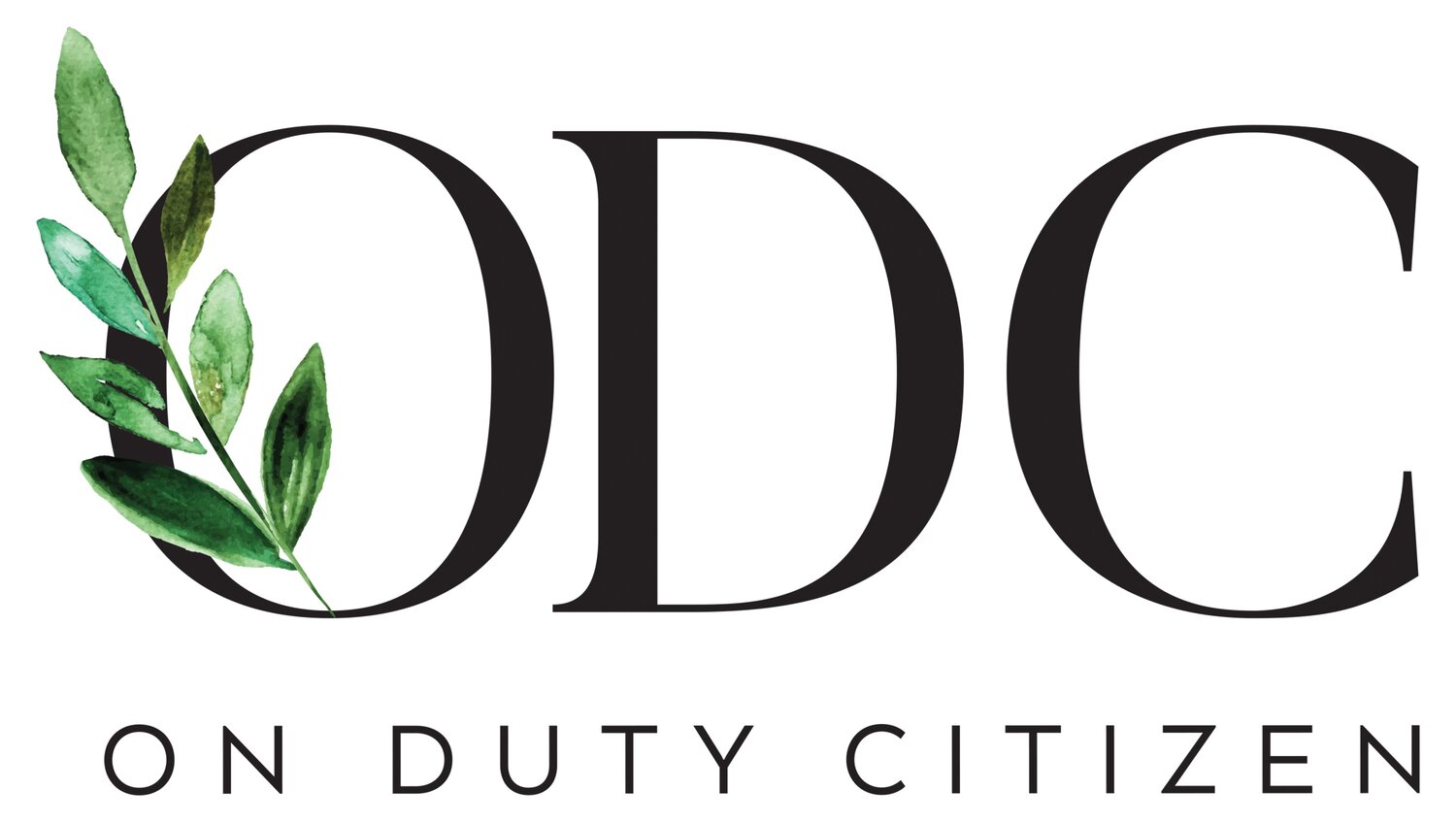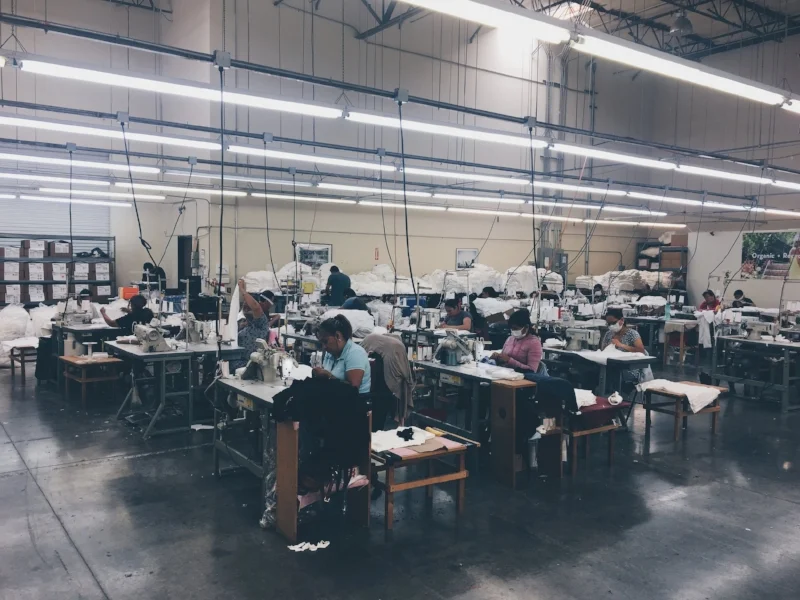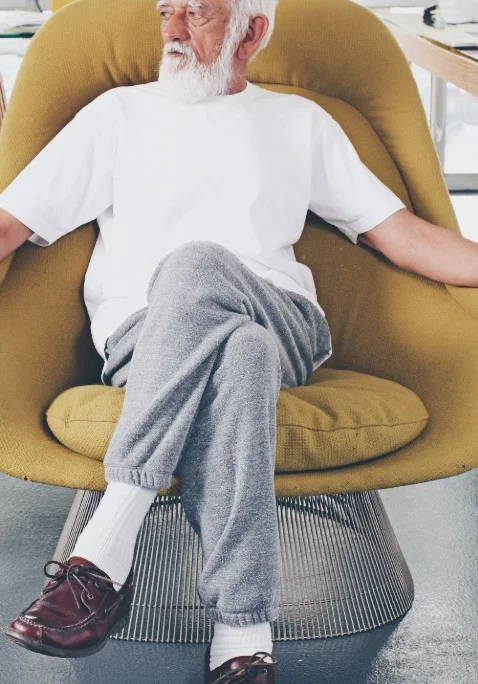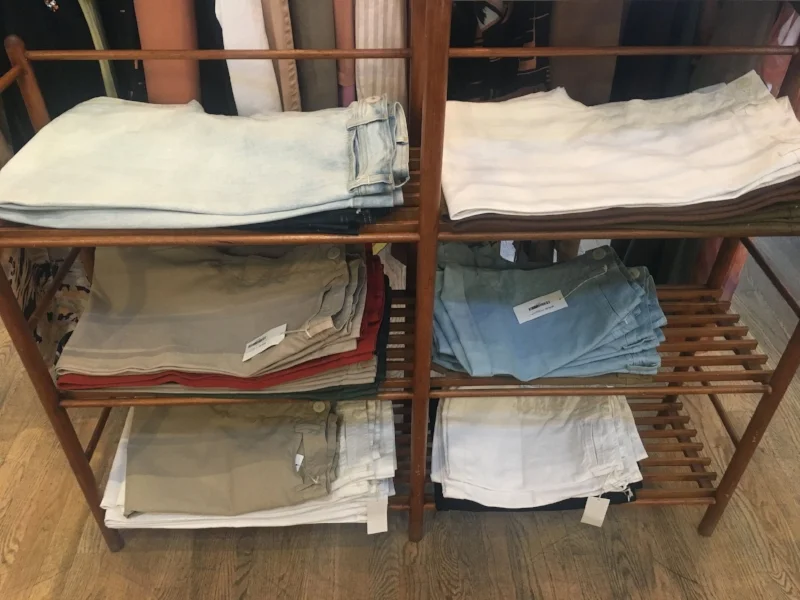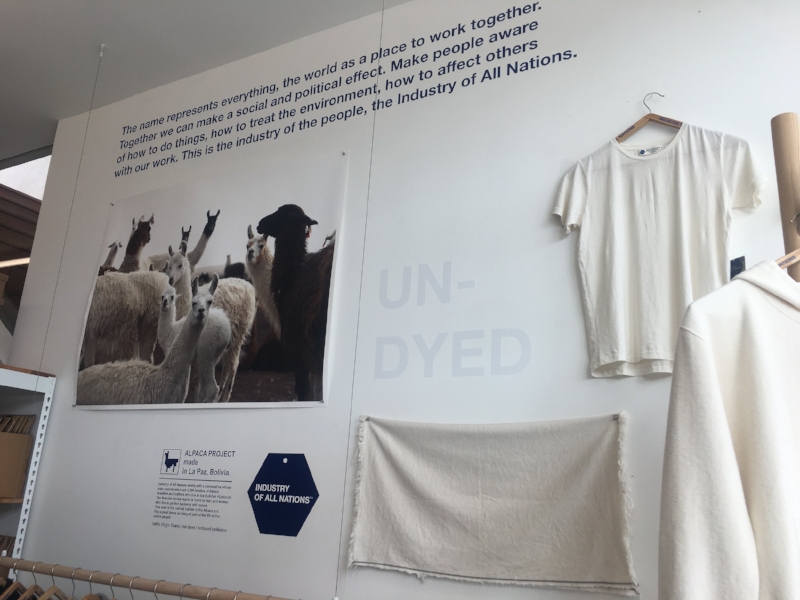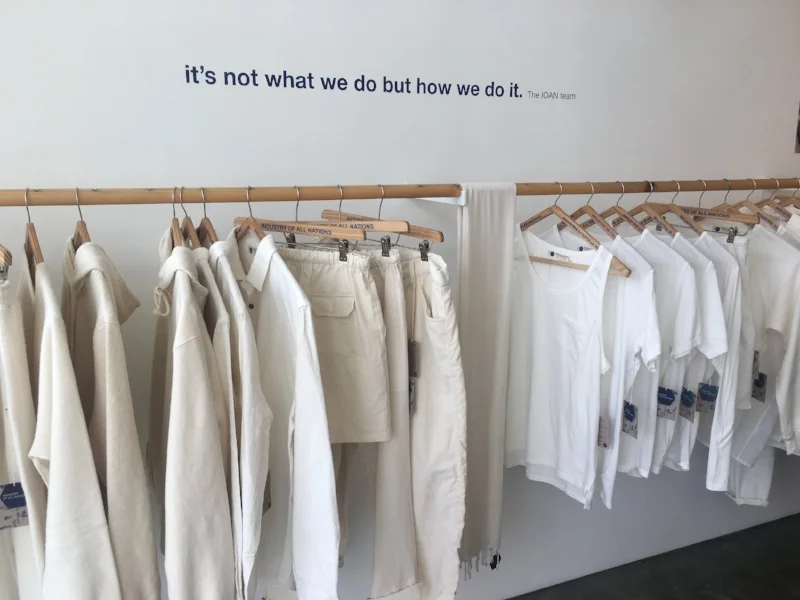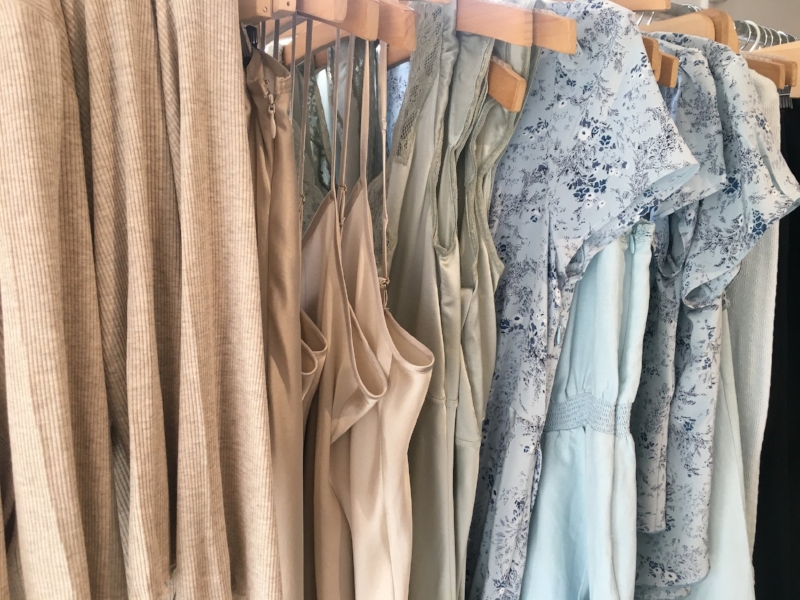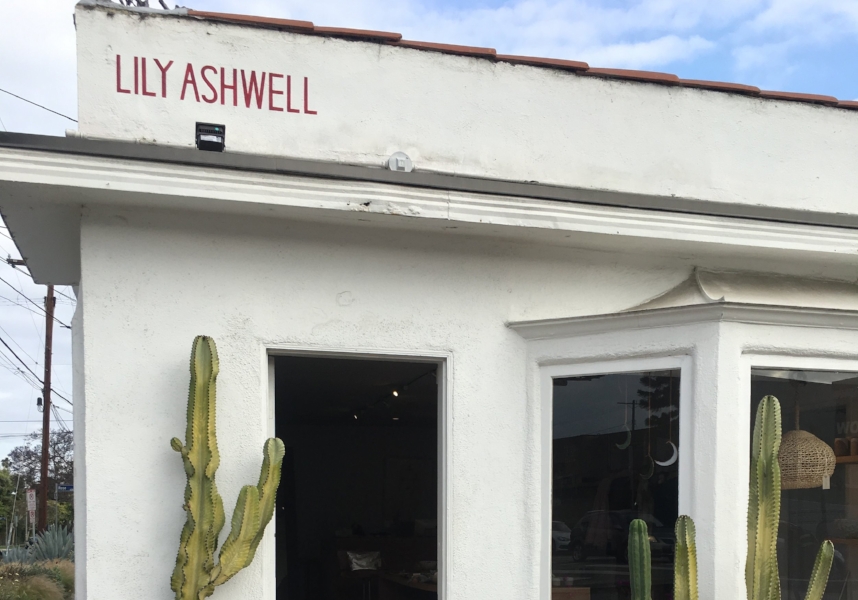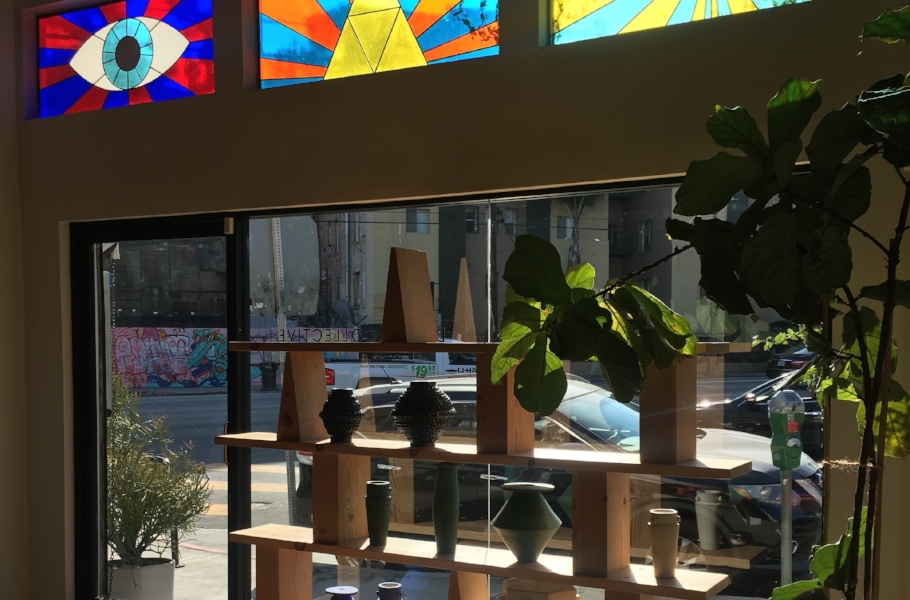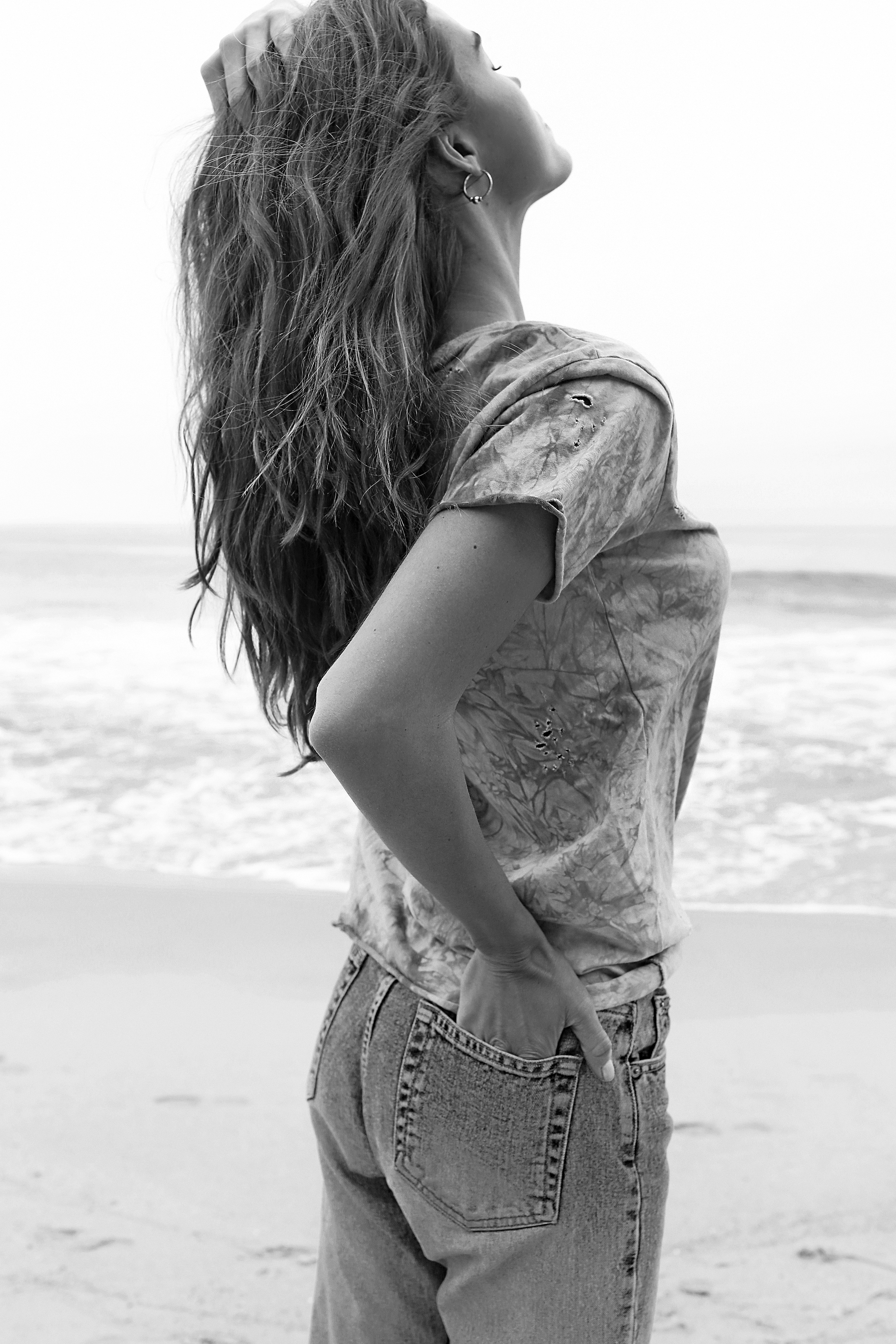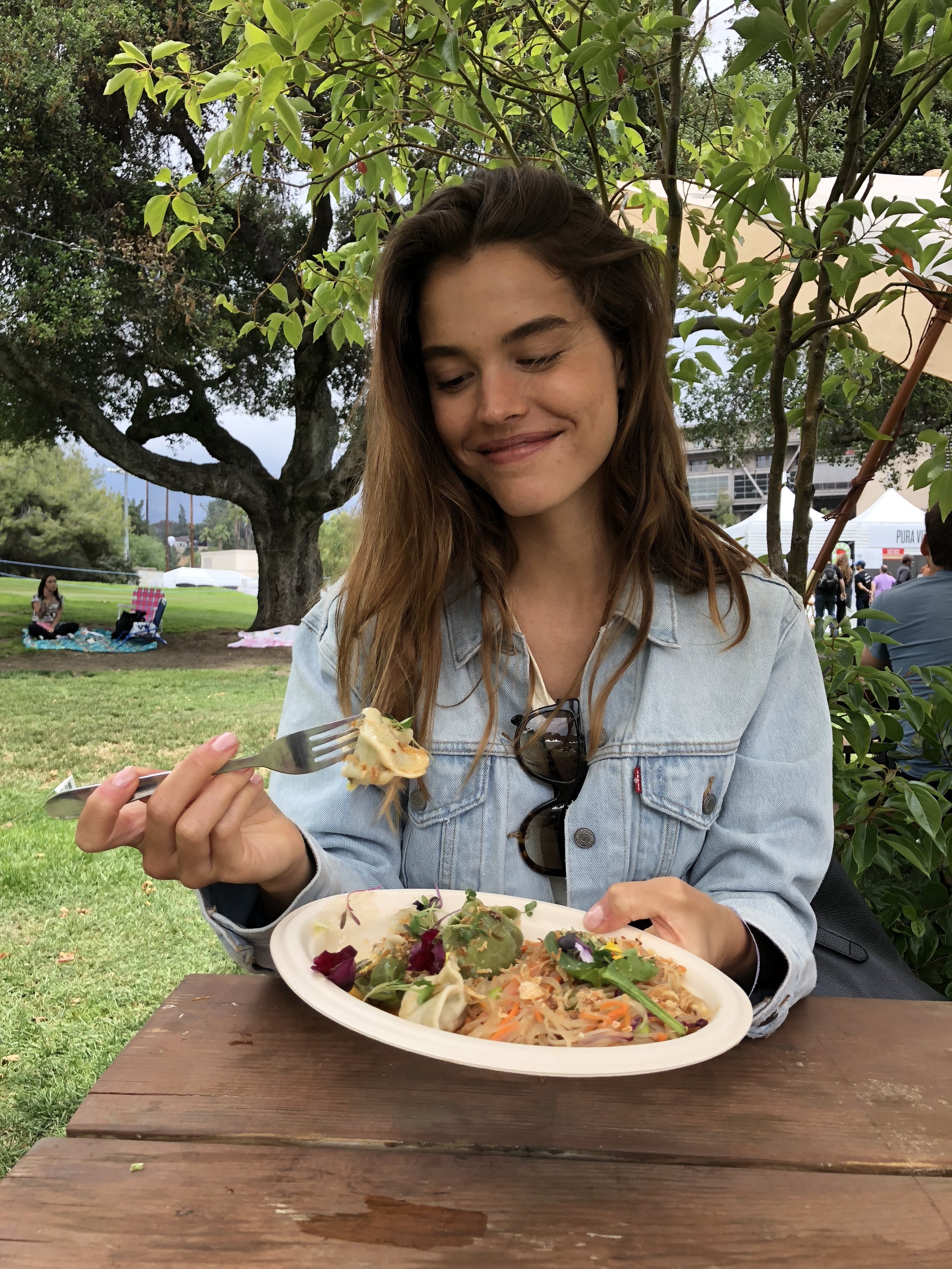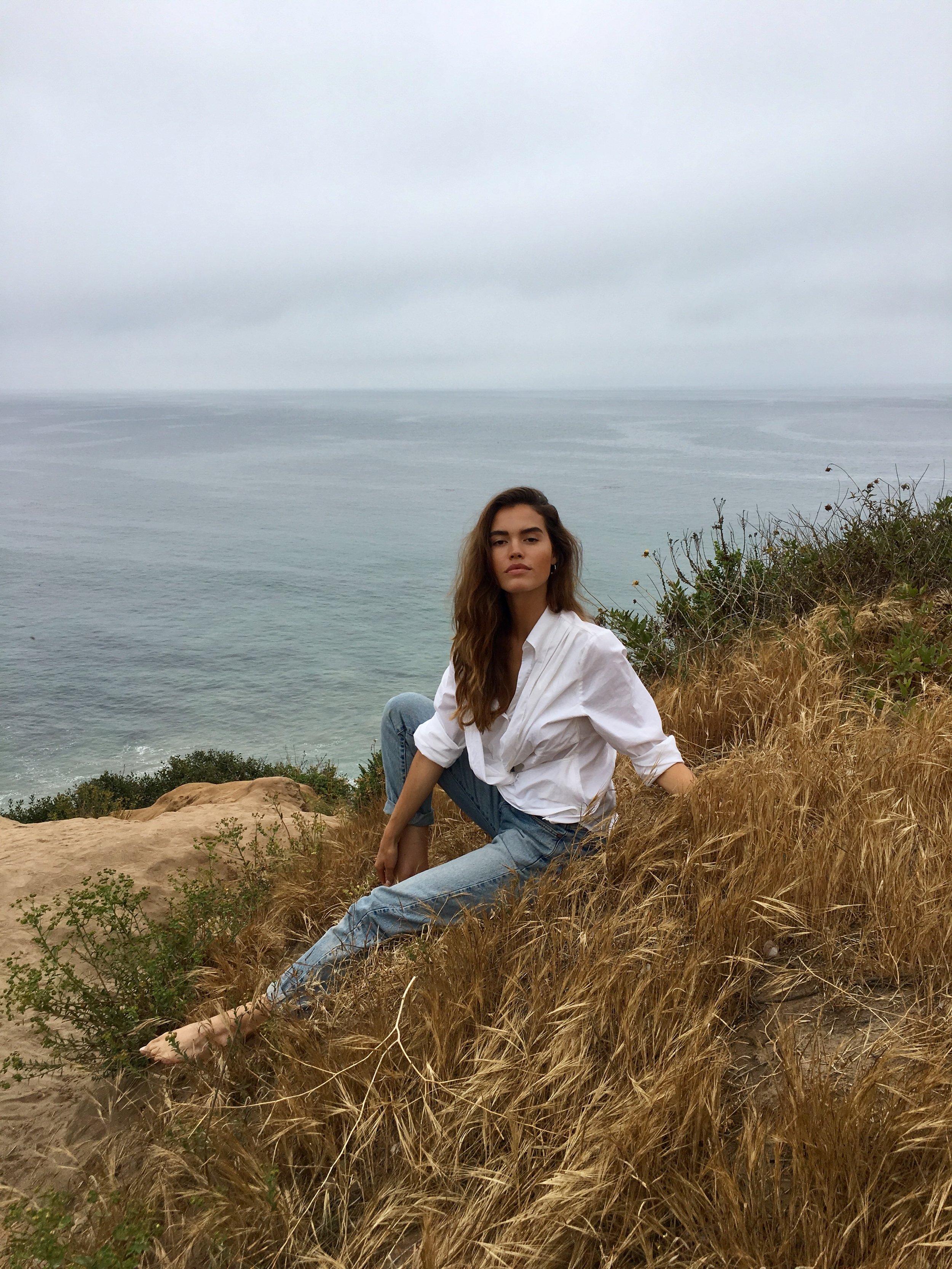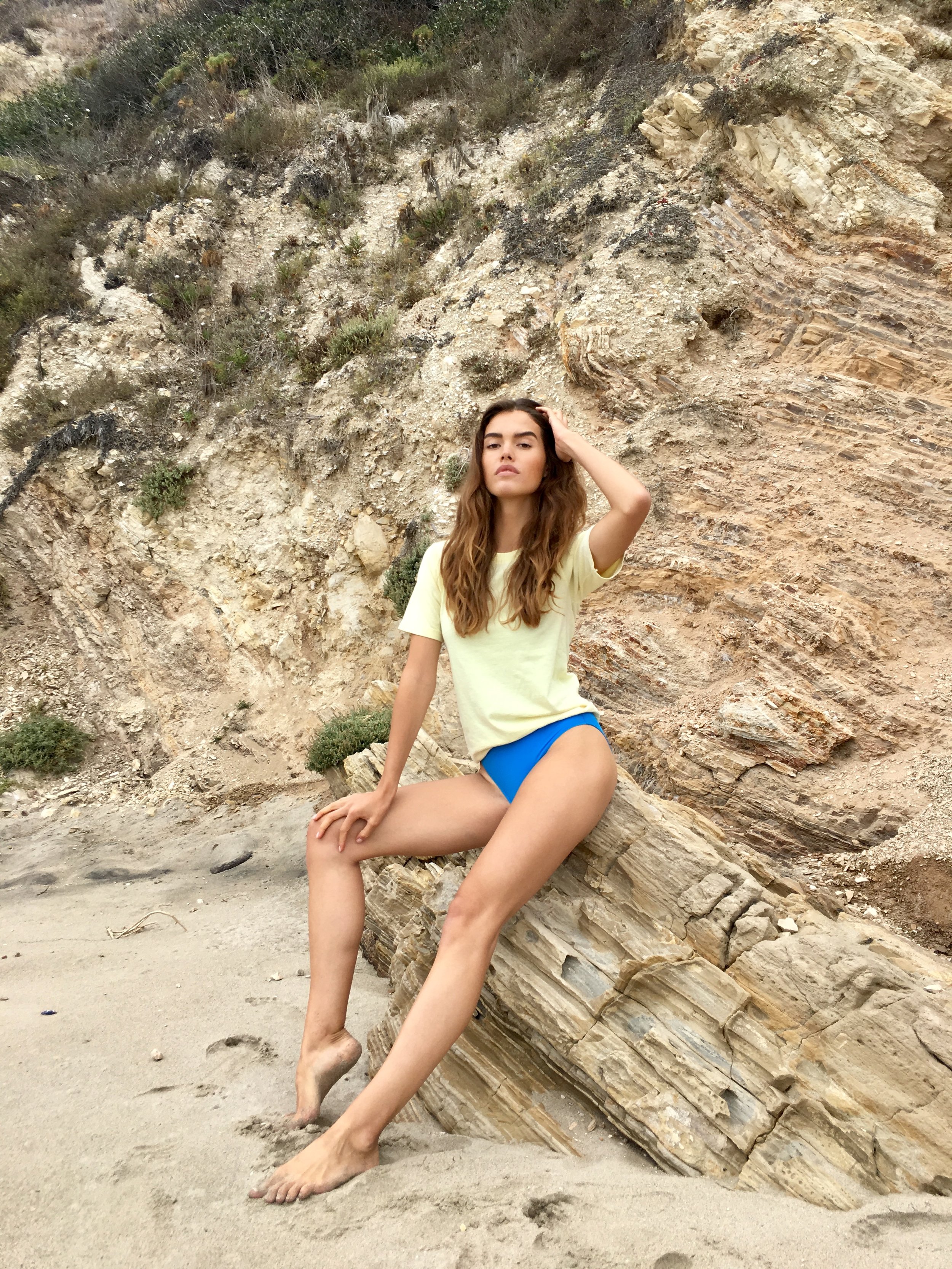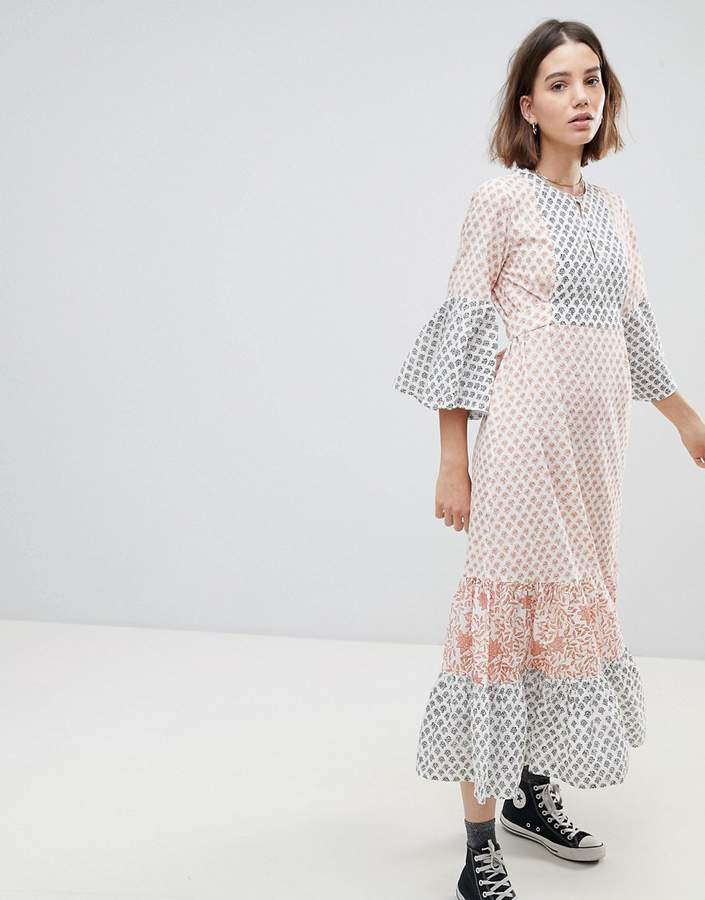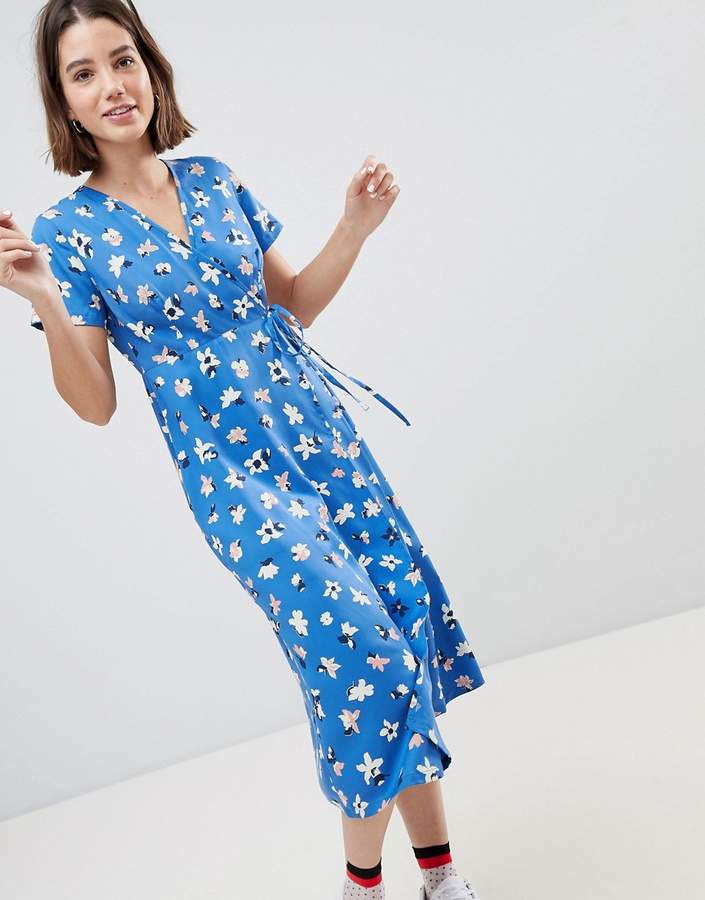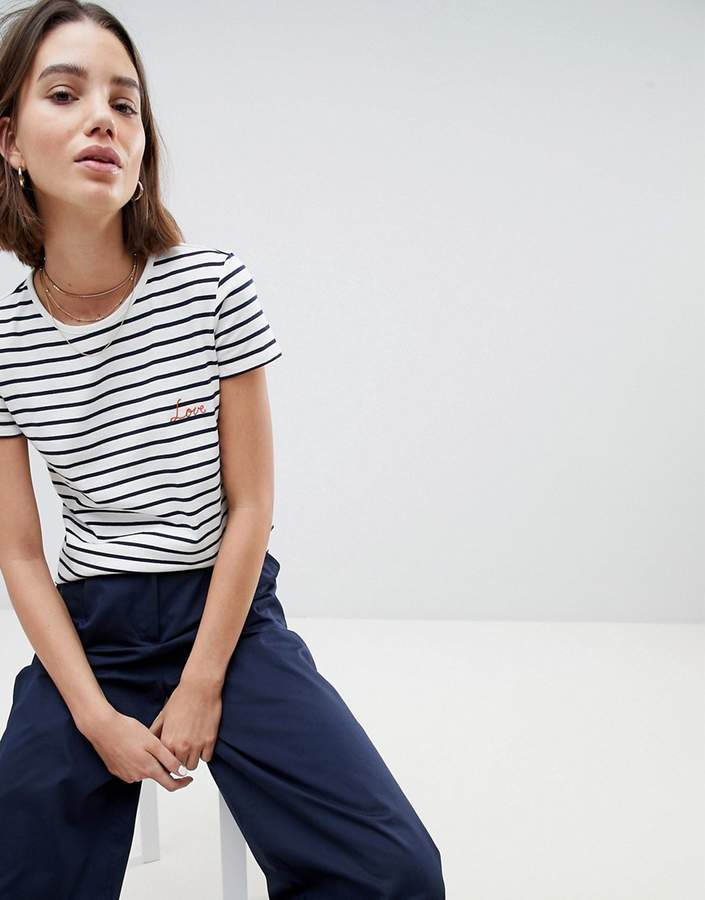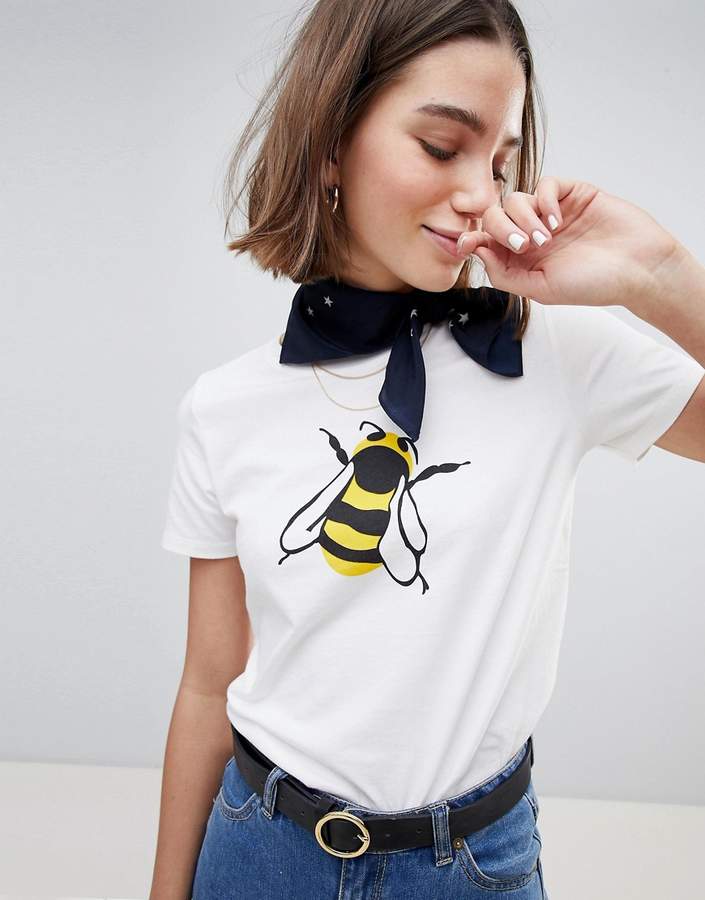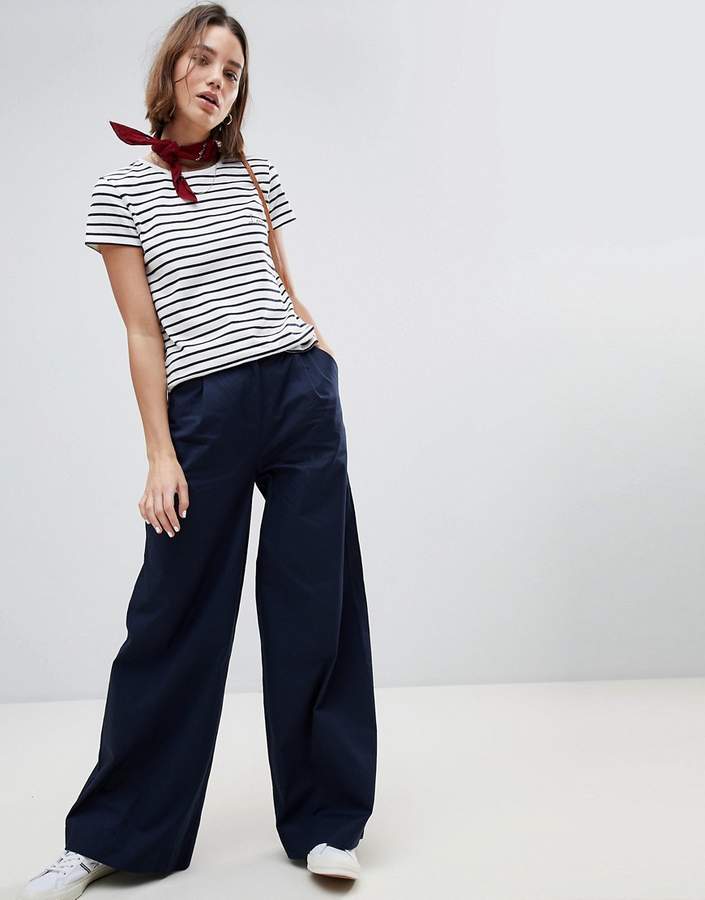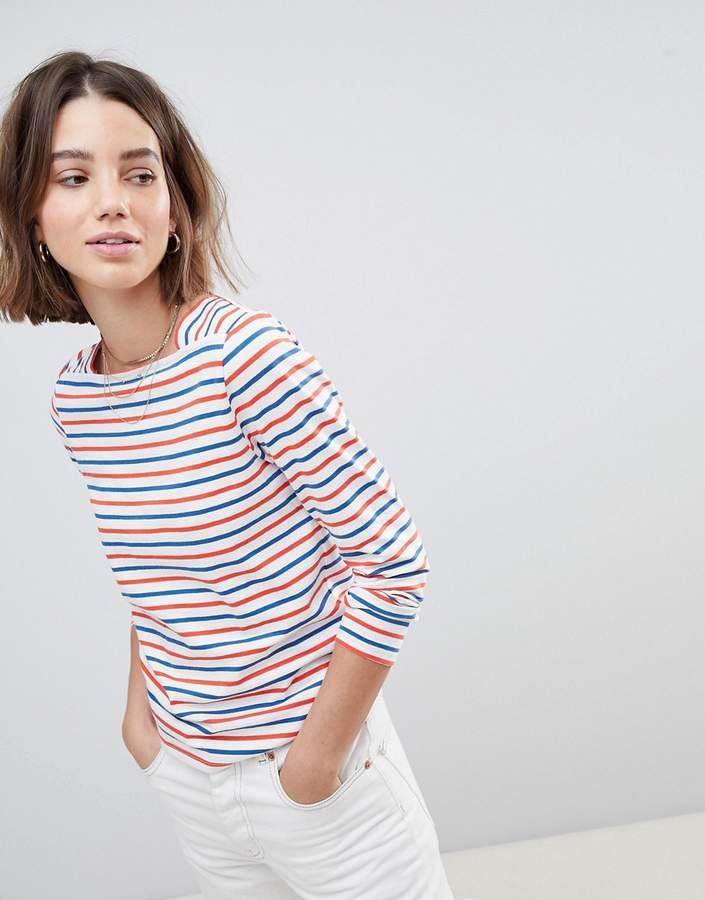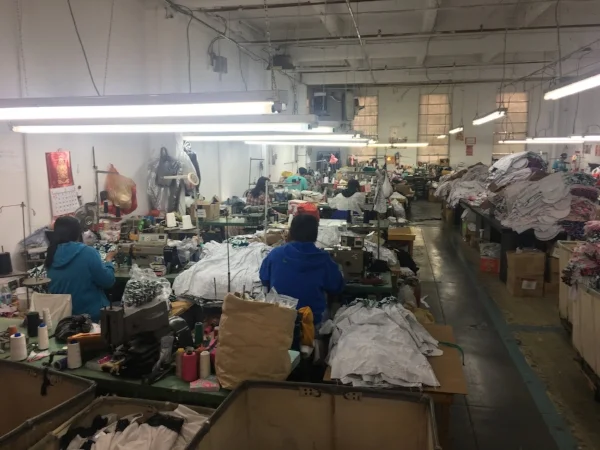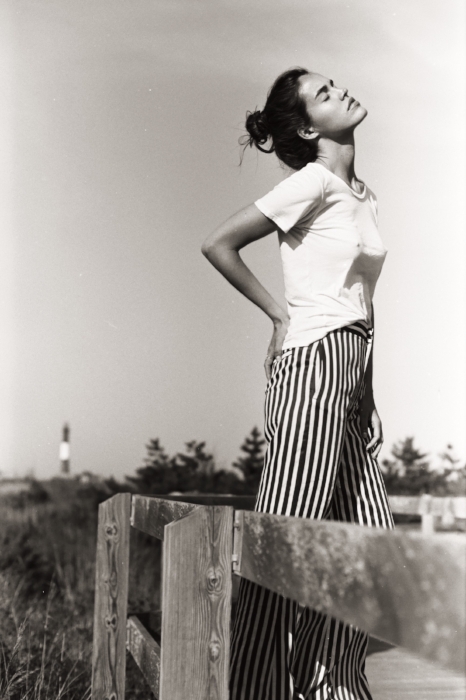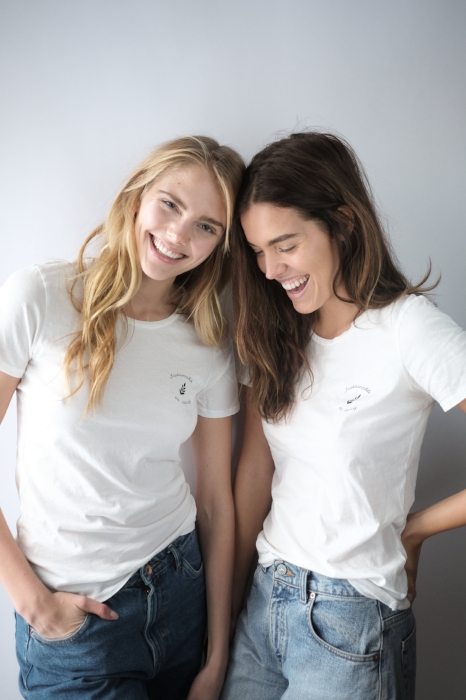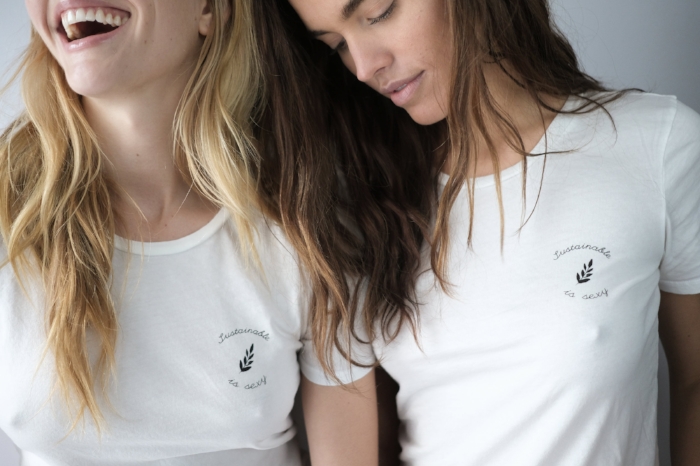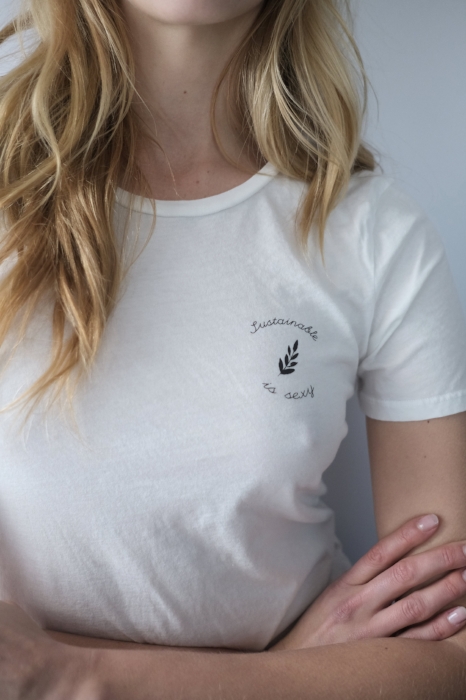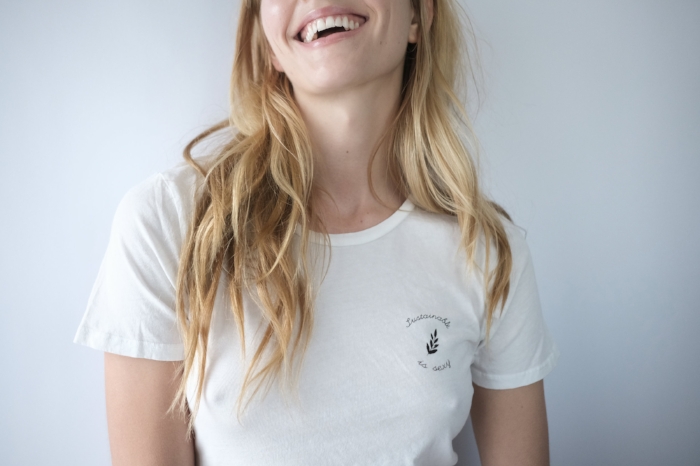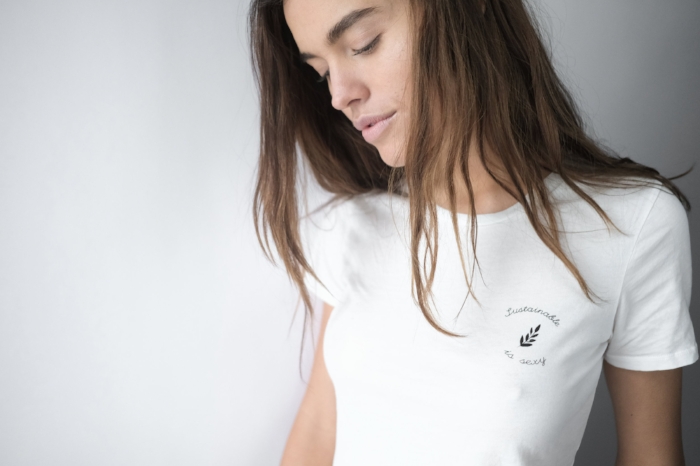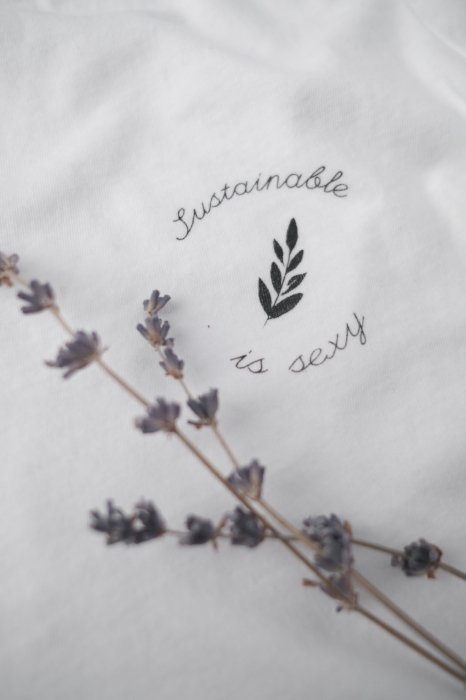When a makeup artist friend of mine came to me with a project he was helping produce, I was immediately intrigued. Tribe of Lambs is a project founded by a Canadian who was passionate about creating jewelry and giving back to different communities in India, all whilst bringing awareness to the HIV+ epidemic especially for children. The specific project my friend was asking about was for their upcoming shoot and I was more than honored to be a part of it. So much of my job requires me to shoot for brands I don’t always have the same beliefs in. This was something I was proud to promote, support, and share with all of my community. Meet Bobbi, Co-founder of Tribe of Lambs….
Founder Bobbi Paidel and Director of Marketing Philip Haley
1) Tell me a bit about how Tribe of Lambs came about? Where did everyone in the company come from and how did you all transition into the sustainable/ethical world?
Tribe of Lambs started over 4 years ago as a crowdfunding project to raise money for two orphanages in the Himalayas of India. I was volunteering there and felt a real pull to do something more meaningful in life. Phil came to India when the campaign was finished and helped me complete the donations. Initially we were selling a variety of different artisan made accessories and supporting a variety of youth based causes but we’ve since streamlined our mission and our products. Nearly 3 years back we became aware of the issues HIV+ children face and we felt very strongly that this was something we needed to put all our efforts into. The initial campaign was so well received we came home and registered as a nonprofit, along side our 3rd friend who used to be quite involved. As the team is now just Phil & I, we’ve had to boot strap it, working full time jobs and growing the organization on the side. My background is Fashion and Phil’s is marketing, so we have complimentary skills, which can both easily transition into this type of social venture.
2) I couldn’t believe reading about the treatment of HIV positive children in India… It’s atrocious and stunning to read they’re often segregated or left to fend for themselves. Tell us about some of the NGO’s you’ve been working with that are helping to make a difference. How did you choose who to partner with?
We currently have one partner organization – Rays Aasha Ki Ek Kiran which translates to One Ray of Hope. It is a small privately run organization, which works solely for the lives and rights of HIV+ children in and around Rajasthan. It is absolutely incredible to see how the life of a child can be completely transformed when provided a loving home, a sense of family, proper nutrition and health care and quality education. Beyond that, the children we work with are constantly reminded that their lives matter, that they can lead by example, that fear and stigma do not have to be the societal norm when it comes to a person living with the HIV virus. Rays currently house 38 boys, 16 girls & employs 8 HIV+ widows to work as caretakers in the home. We’ve met and worked with a handful of organizations over the years and in India the culture of personal connection runs much deeper than in western partnerships. We first must have a “good feeling” about an organization, their presidents or founders and administrative staff before we will even consider moving forward. This means regular meetings and conversations to see if these small NGO’s are aligned with the Tribe and then we move forward ensuring transparency and ethics are being maintained so that we can build a trustworthy partnership. The founders of Rays and their families have now become our families. We know our project funds are being properly allocated and we love spending time there to experience first hand what’s made possible through our generous contributors around the world.
3) I think it’s beautiful that the artisans you work with are oftentimes giving back to their very own communities. That must be special to see. How do you find artisans to work with and is their work volunteer based seeing as 100% of the funds are donated to your projects?
100% of our donations are donated to our projects. As we are a nonprofit company, we contribute our jewelry sale profits (after expenses) to our projects, which works out to be between 10-40% of each purchase. We pay our artisans 3x minimum wage in India, we connect with small family run producers to ensure that work ethics are met to our standard. We only move toward partnerships once a mutually agreeable and trustworthy relationship has begun. Empowering local artisans and bringing economic growth into the communities we work to support is how we operate a full circle business model. The artisans know that their work is contributing to children who are in need in their communities. There is a lot of corruption in India, and we work hard to ensure we’re part of the solution, not contributing to the problems.
4) What materials are you using for your jewelry Tand how do you choose each one?
We use Indian 925 Sterling Silver, 18 Carat Gold Plating, Semi-precious stones and brass detailing. We use silver because it is an affordable price point and a high quality, hypoallergenic metal. We source our gems from a gem wholesaler who’s family has been working in the industry for more than 40 years.
5) In your opinion, what is the most unsustainable part of the fashion industry? What is Tribe of Lambs doing to combat this?
Overconsumption & waste due to fast fashion, advertising & greed in our society. The mass impact on the environment and garment workers overseas are becoming more common knowledge however, we have a long way to go in making simple lifestyle choices which will help make long lasting change.
a) What about ethically?
Tribe of Lambs is working towards a consumer industry, which focuses on quality over quantity. We want our customers to both understand our strengths and our areas for growth in the production of our products and also know that their purchase is contributing to a global issue. We encourage our customers to look for quality when making a purchase so it is long lasting.
6) What’s the best way you ensure your workers are treated well?
We have close working relationships with all our producers who disclose the payments, agreements and schedules of the workers they employ. All our producers sign Tribe of Lambs supplier standards documents. As we contract our workers, we do not have total control over these issues however, it is in our 5 year plan to develop our own jewelry cooperative where we can shift this.
7) What are some initiatives you’re working on in Canada, UK and India to spread awareness?
Our whole business is our awareness initiative. Our mission is to raise funds and awareness for HIV+ children through the sale of our jewelry. Our jewelry acts as a platform to create meaningful conversations about HIV and other global issues and how we can come together to inspire change.
8) What’s something different (or special) about Tribe of Lambs from other companies you’ve worked at in the past?
Since founding Tribe of Lambs I’ve really been focused on showing consumers that ethical & sustainable can also mean quality & style. 5 years ago when I was working in the fashion industry, ethical had a “hippie/granola” vibe to it and people weren’t responsive. Now it’s totally possible to support smaller brands with bigger missions. Tribe is different that we are supporting such a small marginalized group of HIV+ children while maintaining a quality product, at a competitive price. It IS possible to use business for change if you strategize correctly. People will always want to shop, and they want a platform to give to…that is what we offer.
9) For someone new to the sustainable world, what are some key small steps they can look out for when shopping to ensure they’re investing in a good company?
Research! Read about a companies values and standards before you give them your money. If the information isn’t available online, send them an email. I appreciate getting emails requesting more information about what we do and how we do it.
